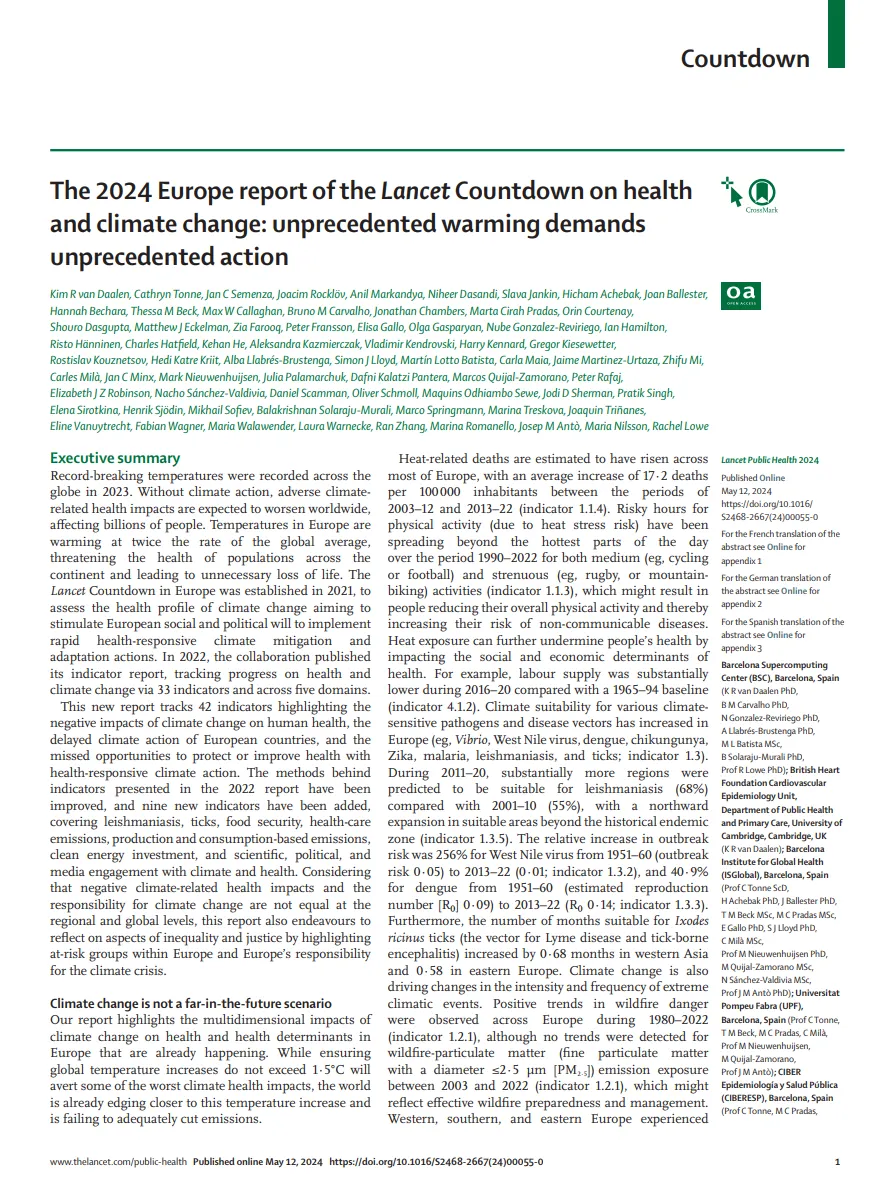This prospective cohort study of more than 70,000 Seventh-Day Adventists finds a 12% reduction in all-cause mortality in vegetarians, vegans and pescatarians as compared with their omivorous counterparts.

Orlich M J, Singh P N, Sabaté J, Jaceldo-Siegl K, Fan J, Knutsen S, Beeson L and Fraser G E. (2013). Vegetarian Dietary Patterns and Mortality in Adventist Health Study, Online First JAMA Intern Med.:1-8. doi:10.1001/jamainternmed.2013.6473
Some evidence suggests vegetarian dietary patterns may be associated with reduced mortality, but the relationship is not well established. This study therefore aims at evaluating the association between vegetarian dietary patterns and mortality.
Study design and setting: The study is a prospective cohort study; mortality analysis by Cox proportional hazards regression, controlling for important demographic and lifestyle confounders.
A large North American cohort, in total 96 469 Seventh-day Adventist men and women were recruited between 2002 and 2007, from which an analytic sample of 73 308 participants remained after exclusions. Their diet was assessed at baseline by a quantitative food frequency questionnaire and categorized into 5 dietary patterns: nonvegetarian, semi-vegetarian, pesco-vegetarian, lacto-ovo–vegetarian, and vegan.
Main Outcome and Measure: The relationship between vegetarian dietary patterns and all-cause and cause-specific mortality; deaths through 2009 were identified from the National Death Index. There were 2570 deaths among 73 308 participants during a mean follow-up time of 5.79 years. The mortality rate was 6.05 (95% CI, 5.82-6.29) deaths per 1000 person-years. The adjusted hazard ratio (HR) for all-cause mortality in all vegetarians combined vs nonvegetarians was 0.88 (95% CI, 0.80-0.97). The adjusted HR for all-cause mortality in vegans was 0.85 (95% CI, 0.73-1.01); in lacto-ovo–vegetarians, 0.91 (95% CI, 0.82-1.00); in pesco-vegetarians, 0.81 (95% CI, 0.69-0.94); and in semi-vegetarians, 0.92 (95% CI, 0.75-1.13) compared with nonvegetarians. Significant associations with vegetarian diets were detected for cardiovascular mortality, noncardiovascular noncancer mortality, renal mortality, and endocrine mortality. Associations in men were larger and more often significant than were those in women.
Conclusions and Relevance: Vegetarian diets are associated with lower all-cause mortality and with some reductions in cause-specific mortality. Results appeared to be more robust in males. These favorable associations should be considered carefully by those offering dietary guidance.
An editorial in the same journal issue provides the following helpful commentary:
Vegetarian diets also were associated with reductions in cardiovascular mortality and several other categories of cause-specific mortality. The study, however, illustrates several challenges in trying to answer the core question of whether vegetarian diets improve health outcomes. Like all observational studies, this one provides associations, not cause-and-effect evidence. Although the authors use state-of-the-art approaches to adjustment for potential confounders, one can never be sure that there are not other factors influencing the association between vegetarian diets and mortality. Another weakness of the study is that it relies on a single measurement of dietary intake at baseline and, as the authors point out, dietary patterns may change over time.
It concludes by saying “Although nutrition authorities may disagree about the optimal balance of macronutrients in an ideal diet, and the amount of meat and other specific foods that should be ingested, virtually all agree that diets should limit added sugars and sugary drinks, refined grains, and large amounts of saturated and trans fats. Similarly, virtually all diet recommendations include eating substantial amounts of fruits and vegetables. Most authorities will also agree that diets should include whole grains, legumes, and nuts. Achieving these goals trumps the more narrow goals of whether to include moderate amounts of dairy, eggs, fish, or even meat. …Our debates about the superiority of one diet over another have not served the public well. It is time to acknowledge the common features of diets associated with good clinical outcomes and to focus our attention on helping patients avoid the intense commercial pressures to eat otherwise.”
Citation for the commentary as follows: Baron R B (2013) Should We All Be Vegetarians?: Comment on “Vegetarian Dietary Patterns and Mortality in Adventist Health Study 2” JAMA Intern Med. :1-2. doi:10.1001/jamainternmed.2013.6972
You can download both the study and the commentary here (journal subscription needed)
For an article covering the paper see here.




Comments (0)